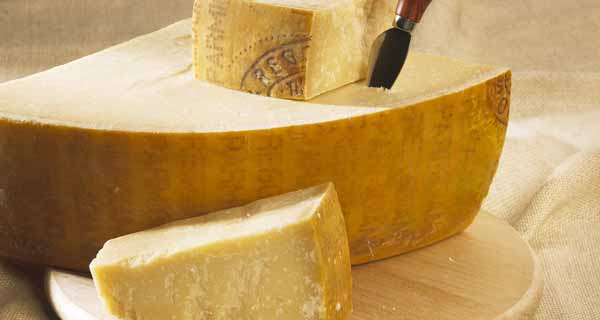
Italian firms operating in the milk and dairy sector are increasingly concerned about the consequences of Moscow’s block on imports of fresh produce from the EU, which has been in place since August. The amount of business affected is significant. Russia is the tenth largest end market for Italian cheese exports, reaching 7,300 tonnes worth 43.3 million euros in 2013, and one of the most promising growth areas, up 33% on the previous year. The hardest hit categories include parmigiano reggiano and grana padano, for whom the Russian market is worth in the region of 15 million euros, and fresh cheeses which turn over around 13 million euros.
Should the embargo continue until next August as forecast, the damage to the Italian dairy sector will be potentially huge. Firstly there will be serious repercussions for European suppliers of raw materials, as it coincides with a peak time for the manufacture of dairy products. However, the overarching fear is that, over such a long time period, our cheeses will be replaced by the competition, products made outside the Eu. “The only way forward”, Alberto Auricchio, ceo at Auricchio Spa, tells Italianfood.net, “is through institutional diplomacy, but we need to act fast. The risk that our products will be replaced by competitors from New Zealand and South Africa is just around the corner”. “Right now the Eu sanctions are not working in our favour”, adds Maurizio Moscatelli, sales director at Parmareggio. “Sales of hard cheeses to Russia have been blocked. We therefore hope that the situation between Russia and Ukraine will be resolved peacefully, avoiding further conflict between these countries and reopening the usual trade channels between Europe and Russia”. “Sanctions that only serve to create a stalemate are unnecessary and have just worsened the damage already done”, Brazzale agrees. “The Eu has made numerous mistakes and shoulders a lot of the responsibility for the current crisis”.
